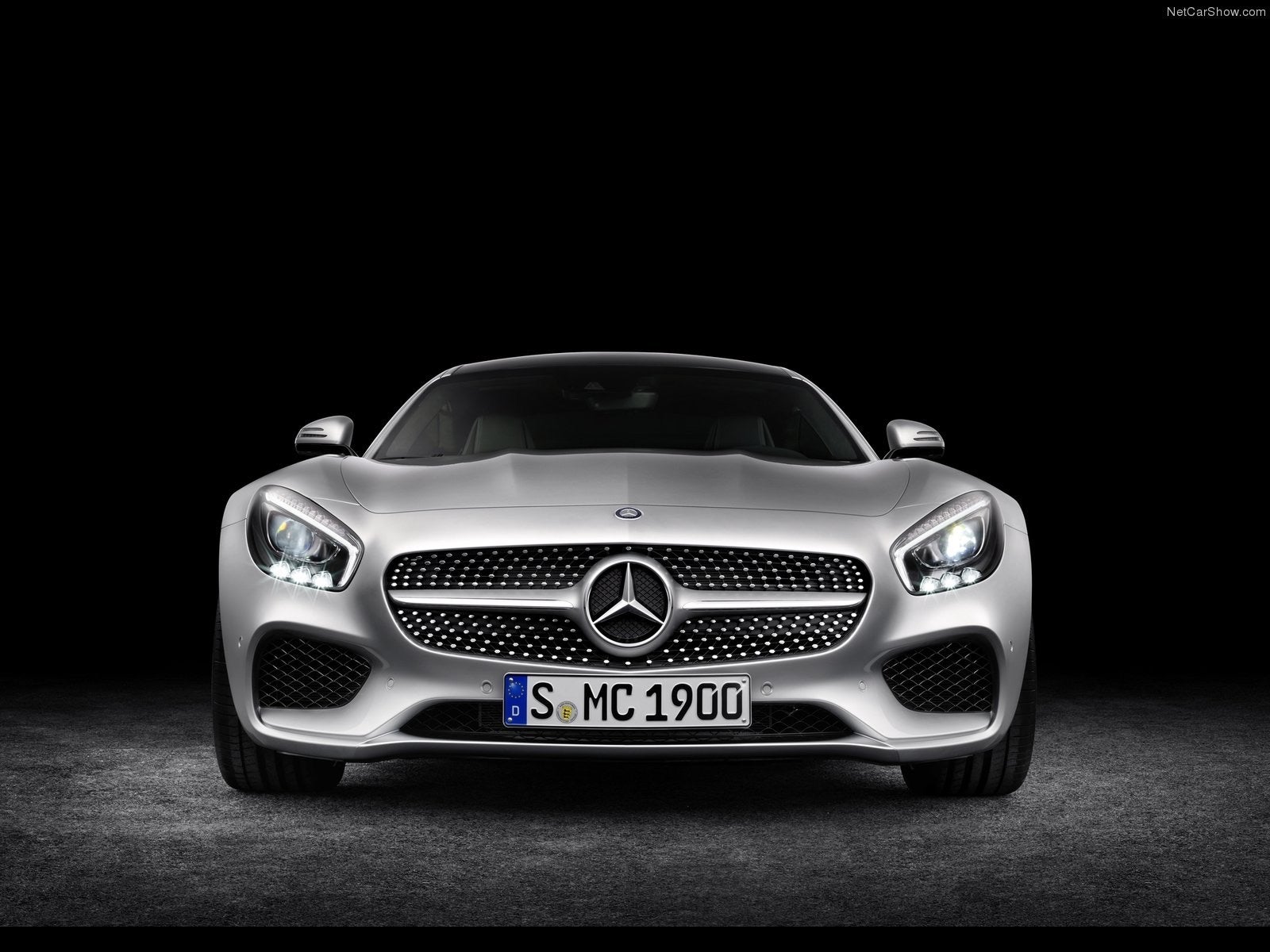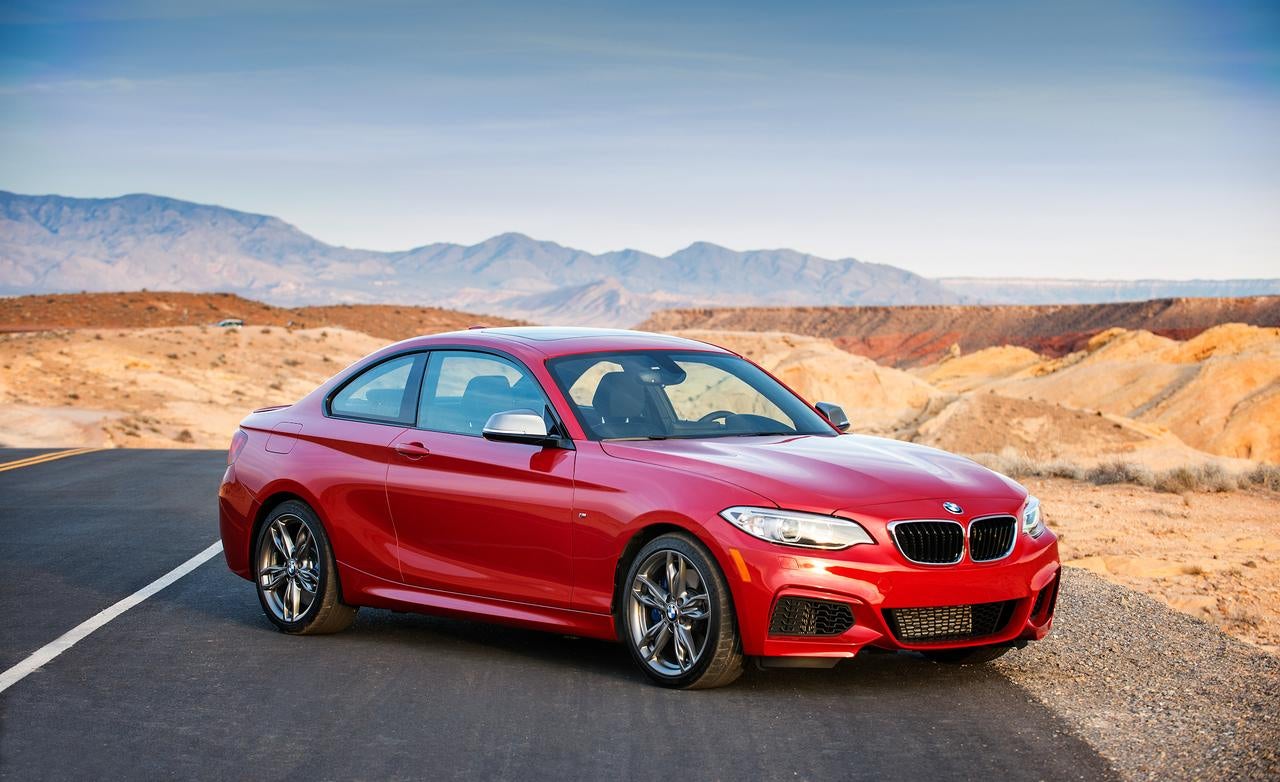 "Oneofsevenbillion" (oneofsevenbillion)
"Oneofsevenbillion" (oneofsevenbillion)
02/25/2015 at 18:24 • Filed to: Carbuying, motoring, Automotive, affordability
 1
1
 24
24
 "Oneofsevenbillion" (oneofsevenbillion)
"Oneofsevenbillion" (oneofsevenbillion)
02/25/2015 at 18:24 • Filed to: Carbuying, motoring, Automotive, affordability |  1 1
|  24 24 |

How much money do you really need to be making before you can drop, say, $100,000-$200,000 on a car? Is there a rule (say, 10% annual income)? Thoughts?
 djmt1
> Oneofsevenbillion
djmt1
> Oneofsevenbillion
02/25/2015 at 18:27 |
|
Considering I believed it was 33%, I'm gonna say £100,000.
Really nice car in question.

 Oneofsevenbillion
> djmt1
Oneofsevenbillion
> djmt1
02/25/2015 at 18:29 |
|
My word that's a lot! Why 33%?
 jkm7680
> Oneofsevenbillion
jkm7680
> Oneofsevenbillion
02/25/2015 at 18:32 |
|
Money.
 GeorgeyBoy
> Oneofsevenbillion
GeorgeyBoy
> Oneofsevenbillion
02/25/2015 at 18:36 |
|
Just depends. My dad taught me make sure you have 3/4 of a car's value before you buy it. If I was buying a car like that, I wouldn't finance. So how ever much it takes to save up that much money plus being able to afford insurance etc. per year. Of course things like a place to live and other expenditures complicate such things.
 Oneofsevenbillion
> GeorgeyBoy
Oneofsevenbillion
> GeorgeyBoy
02/25/2015 at 18:38 |
|
I was taught that at most 10% of your annual income should be spent on a car....
 CB
> Oneofsevenbillion
CB
> Oneofsevenbillion
02/25/2015 at 18:38 |
|
Probably the monthly payments, upkeep, and insurance are what need to be factored in in comparison to your other monthly expenses. Suppose you take home $5000 a month ($60k a year) after all your taxes and benefits and shit have been taken from your pay (maybe you made it working from home, I don't judge). Let's say you spend another $1600 on your housing and utilities, $600 on groceries, and you put away another $500 for whatever. So that leaves you with $2300. The new M4 you want will set you back $1,187 a month over a 36 month lease. Add in gas and insurance or whatever.
Theoretically, you can bring this car home on this income (sure, it's not a $100k car, but it's close enough and seems to be what people like). However, the question is: are you willing to eschew everything else just so you can have a nice car? To answer this question, you have to look at your priorities. Personally, I'd want to be making $100,000 a year before I even started thinking about cars in that price range.
 davedave1111
> Oneofsevenbillion
davedave1111
> Oneofsevenbillion
02/25/2015 at 18:38 |
|
It's not just about what you're earning, but how much you have put away already. Someone on $100k a year with a family to support, a mortgage to pay, and retirement savings to build up is not going to be able to afford to spend as much as someone a bit older, whose kids have finished school/university, with the mortgage paid off, and pension fully loaded.
 djmt1
> Oneofsevenbillion
djmt1
> Oneofsevenbillion
02/25/2015 at 18:39 |
|
Family ethos, I guess. I was raised to always save money whenever and wherever so that you can make that big purchase you always wanted. As a result I don't smoke, drink, do drugs or hire hookers because I could put that money towards a supercharged Mini or a Surface Pro 3 as far as I am concerned. It seemed perfectly natural to me but apparently that is way too much.
 Oneofsevenbillion
> jkm7680
Oneofsevenbillion
> jkm7680
02/25/2015 at 18:40 |
|
well that helps.
 ranwhenparked
> Oneofsevenbillion
ranwhenparked
> Oneofsevenbillion
02/25/2015 at 18:41 |
|
The traditional rule has been that all car-related expenses, including insurance and maintenance, shouldn't be more than 10% of your monthly income. So, I guess the answer would be whatever you can get for a manageable monthly payment, taking into account how much cash you are able to put down and what sort of terms you can get.
I did used to have a coworker that routinely bought cars (every year or every other year or so) that were nearly 100% of his annual income, but he also had free company provided housing and was also just bad with money in general.
 jkm7680
> Oneofsevenbillion
jkm7680
> Oneofsevenbillion
02/25/2015 at 18:43 |
|
Mhmmmm
 GeorgeyBoy
> Oneofsevenbillion
GeorgeyBoy
> Oneofsevenbillion
02/25/2015 at 18:44 |
|
That's not a bad rule. I rather not finance, unless I can get a competitive rate and build credit. I would make sure I have the money set aside. I was raised pretty anti debt.
 Oneofsevenbillion
> GeorgeyBoy
Oneofsevenbillion
> GeorgeyBoy
02/25/2015 at 18:45 |
|
sounds like what I have been taught!
 Manuél Ferrari
> Oneofsevenbillion
Manuél Ferrari
> Oneofsevenbillion
02/25/2015 at 18:47 |
|
There is no rule
It's all personal preference
I spend all my money on my mortgage and cars
I have 3 auto loans
I'm way over 10%
YOLO
 Oneofsevenbillion
> Manuél Ferrari
Oneofsevenbillion
> Manuél Ferrari
02/25/2015 at 18:49 |
|
Thanks for 2008.
 Manuél Ferrari
> Oneofsevenbillion
Manuél Ferrari
> Oneofsevenbillion
02/25/2015 at 18:51 |
|
LOL
I've never defaulted on a loan though
I'm every bank's favorite customer. They make so much interest off me
 Oneofsevenbillion
> Manuél Ferrari
Oneofsevenbillion
> Manuél Ferrari
02/25/2015 at 18:52 |
|
Good man.
 Biggus Dickus (RevsBro)
> Oneofsevenbillion
Biggus Dickus (RevsBro)
> Oneofsevenbillion
02/25/2015 at 18:54 |
|
Really depends on if you are financing or purchasing outright. To be considering purchasing a 100K + car the rules kind of go out the window because it depends on the individuals lifestyle. For instance, a friend of mine probably makes just short $300K and just dropped $100k (Cash) plus on a brand new M5. By traditional rules that is awfully high percentage of his income, but he is single, no kids, and lives pretty modestly other than his M5.
 Oneofsevenbillion
> Manuél Ferrari
Oneofsevenbillion
> Manuél Ferrari
02/25/2015 at 18:57 |
|
I think you'll like my McLaren post. Give it a read.
 GhostZ
> Oneofsevenbillion
GhostZ
> Oneofsevenbillion
02/25/2015 at 19:00 |
|
Depends on how long you plan on keeping it and how well you qualify for a loan.
Buying a car is a capital issue, not a cash flow issue. A lease or car loan turns it into a cash flow issue.
 Manuél Ferrari
> Oneofsevenbillion
Manuél Ferrari
> Oneofsevenbillion
02/25/2015 at 19:00 |
|
Already did! I commented there.
I liked the post and agree that McLaren has an issue. My take on their issue is different. Check out my comment and let me know what you think.
 E92M3
> Oneofsevenbillion
E92M3
> Oneofsevenbillion
02/25/2015 at 19:02 |
|
Most financial advisors say you should not spend more than 20% of your monthly AFTER TAX income on a car. That includes the cost of insurance.
Everyone's comfort level is different. Personally I pay all the bills first, whatever is left I put 50% towards retirement/investments, and the other 50% into my car fund. I like to save up and pay cash, but most FA's will say that's stupid. They will argue you could make more than the 3% APR (or whatever todays rates are) if you invested that money instead and had a car payment. They are probably right, but my method has worked for me the last 20 years.
 Funktheduck
> Oneofsevenbillion
Funktheduck
> Oneofsevenbillion
02/25/2015 at 19:25 |
|
I've heard on the conservative side of no more than 6%. I usually hear 10-15%
 Casey Callaghan
> Oneofsevenbillion
Casey Callaghan
> Oneofsevenbillion
02/25/2015 at 20:53 |
|
Depending on how much of a car person you are; happiness isn't always about a huge savings account.